The buzz around Wakefield
Wakefield students bring home bees for an educational and interactive experience.
Photo Courtesy of Melissa Schug
Former Wakefield student Hayden Schug prepares to have an experience with bees.
 Wakefield High School is holding its first-ever Beekeeping event. Fourteen students will be given the chance to have their first very own beehive. Science teacher Melissa Schug and Horticulture teacher Jodi Riedel have spearheaded this program because of the import role bees play in our lives.
Wakefield High School is holding its first-ever Beekeeping event. Fourteen students will be given the chance to have their first very own beehive. Science teacher Melissa Schug and Horticulture teacher Jodi Riedel have spearheaded this program because of the import role bees play in our lives.
“I got a big grant a year ago for seventy-five thousand dollars. Every year ten thousand dollars is allocated towards a project of my choice,” Riedel said. “This year we are doing the Wakefield Bee Brigade and my job is to act as the liaisons between Schug’s company called Oak City Bees and the students. I help the students with their bee endeavors.”
Beekeeping is an unique experience to get students engaged and learn more about the environment. It’s not as simple as just looking after them. Students have to take precautions against many harmful things in the environment.
“I feel really passionate about bees and what they do for us. Most of our food relies on pollination of bees and other insects,” Schug said. “Within the last 10 years, the bee population is quickly plummeting. It’s kind of our way of doing what we can to help the environment and to help the bee population.”
Beekeeping is just another type of farming that many people don’t know a lot about. What we put into our environment can affect the bees and their health as a whole.
“I think it would be really important for the kids to see how beneficial it is to have bees and beekeeping and to see how vulnerable they are to all the stuff that we put in the environment,” Schug said. “The students can get involved in it even if they just have one or two on their property.”
Riedel also weighs in on the significance of the bees.
“We want students to know how valuable they are, what’s happening to bee colonies, and also the designing and the engineering of a beehive,” Riedel said. “The bees are social creatures and we would like students to understand the ecosystem.”
The initial goal for this event is to have each student that participates have their very own beehive. Accommodations were made to those who can’t have a beehive on their property, some people loaned their property to students to hold their beehives. Beekeeping is a fairly easy type of farming, but losses are expected.
“We belong to Wake County Beekeepers Association and every year everyone has to report their losses. Annually, about 40% of the beehives are lost either due to diseases or varroa mites, which is a big problem.” Schug said, “They are lost due to contamination, due to pesticides, herbicides, fungicides, or to weather. We pay a lot more attention now than when we first kept them.”
Schug and some Wakefield High students are excited for this event as this is first time something like this took place at Wakefield. On top of getting their own bees, students will also get a chance to build their very own beehives.
“I am excited to build my first beehive,” Nicholas Grantham, freshman, said. “I get volunteer hours and I get to learn about bees.”
The new beehives that the students will be taking in will also positively benefit and impact the environment.
“As a horticulture instructor, I help with planting and putting in the bee habitats,” Riedel said. “The biggest thing for us is to put out 14 colonies of bees in Wake County so that we can increase the bee population and help with pollination.”
Students wanting to try something new should consider beekeeping. This is also a good educational opportunity to learn more about bees and what they do to help us and our community.
“I think it’s really important to get the word out about how significant they are to the health of our environment,” Schug said, “They are absolutely necessary for us to produce what we eat everyday.”



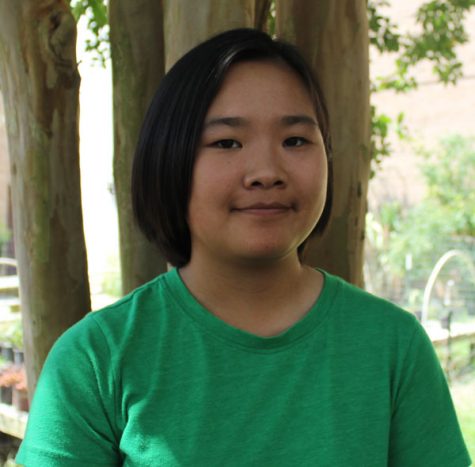
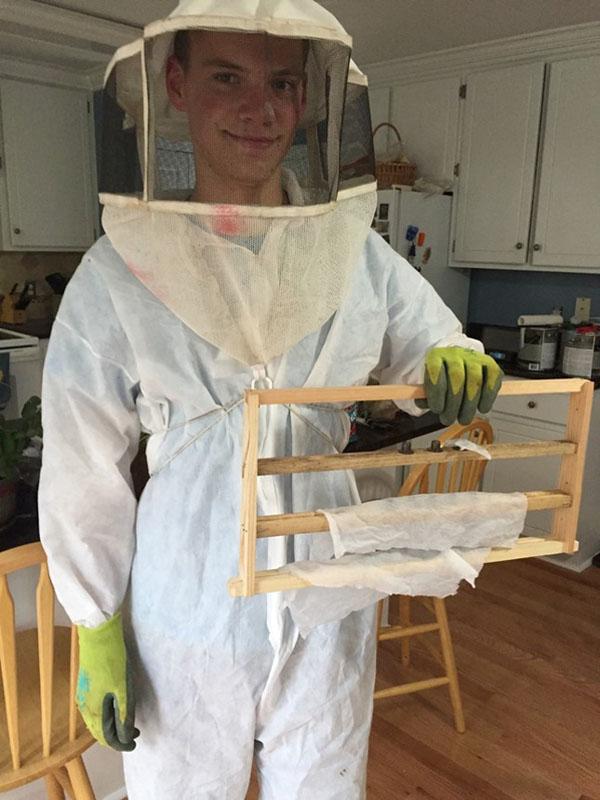

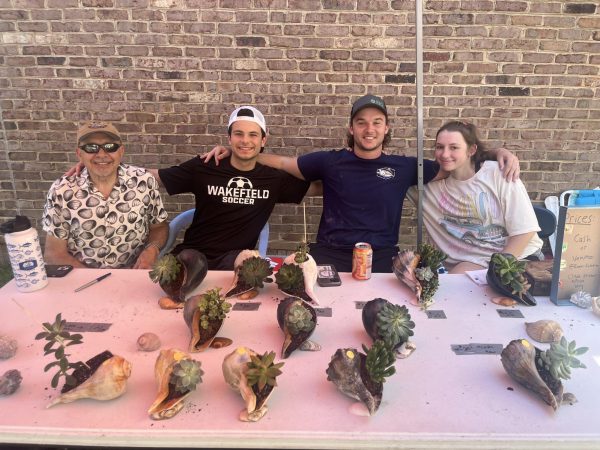
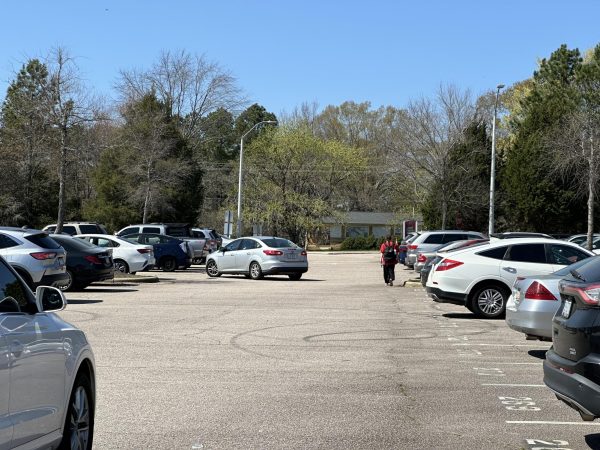
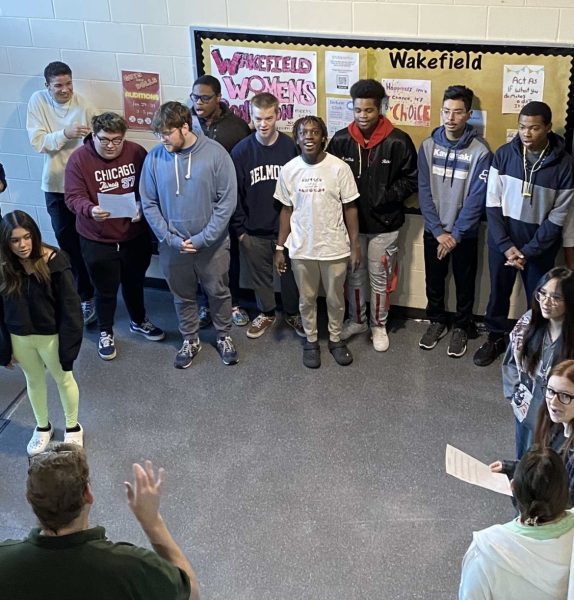
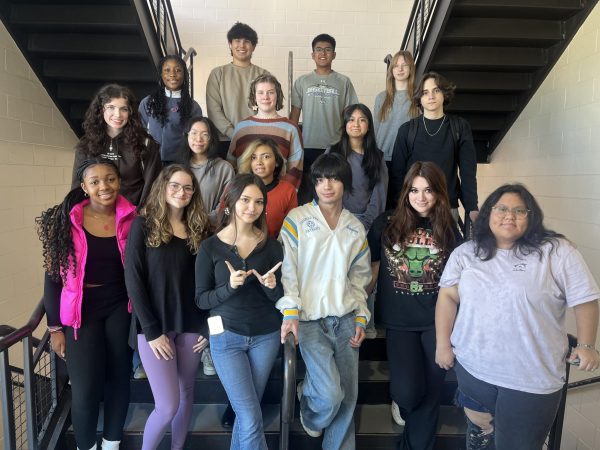
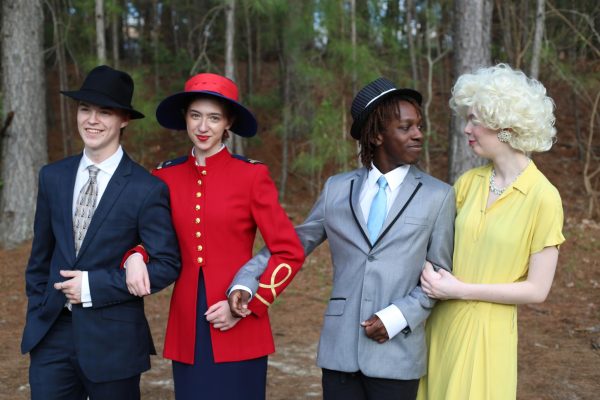


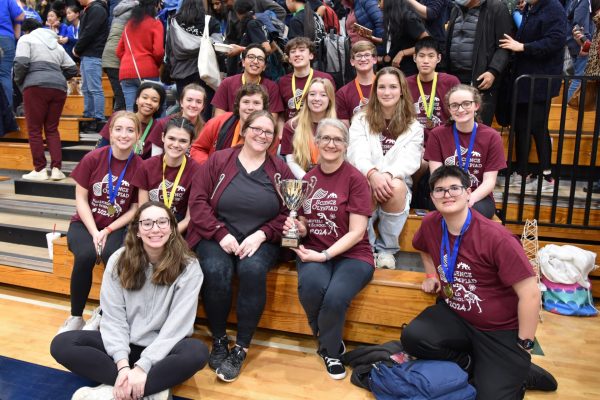

Chinma • Dec 15, 2016 at 1:56 pm
This article was amazing and has such a creative title. GOOD JOB ANN!!!!!!